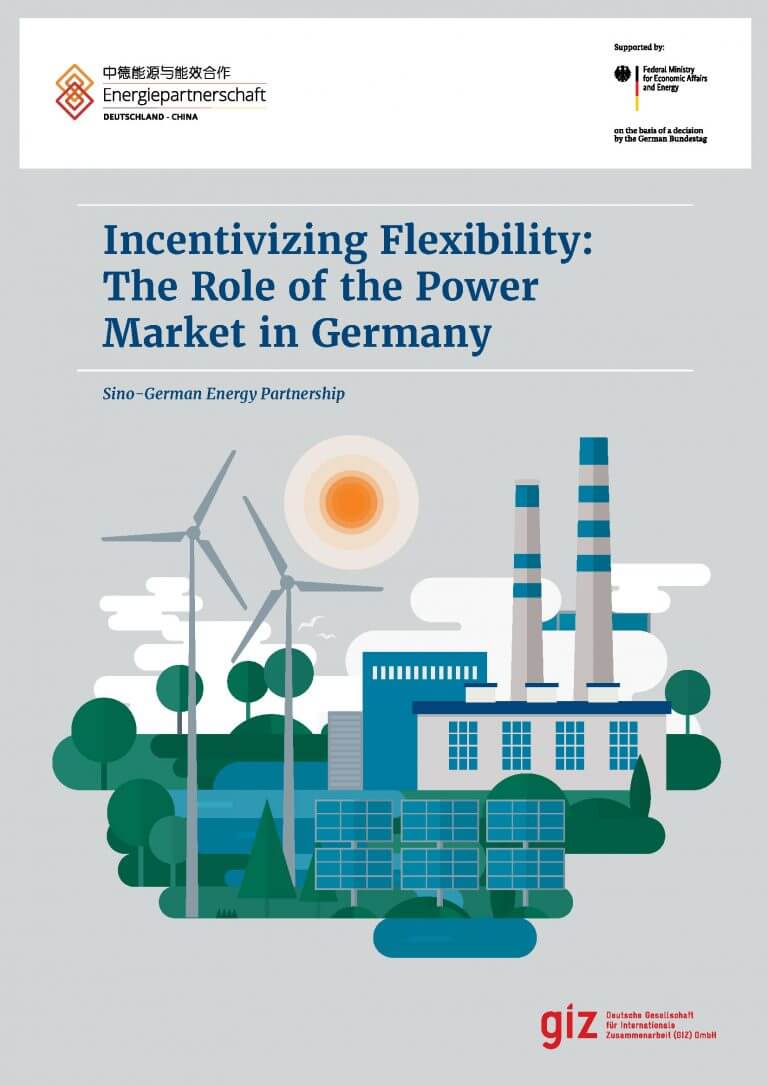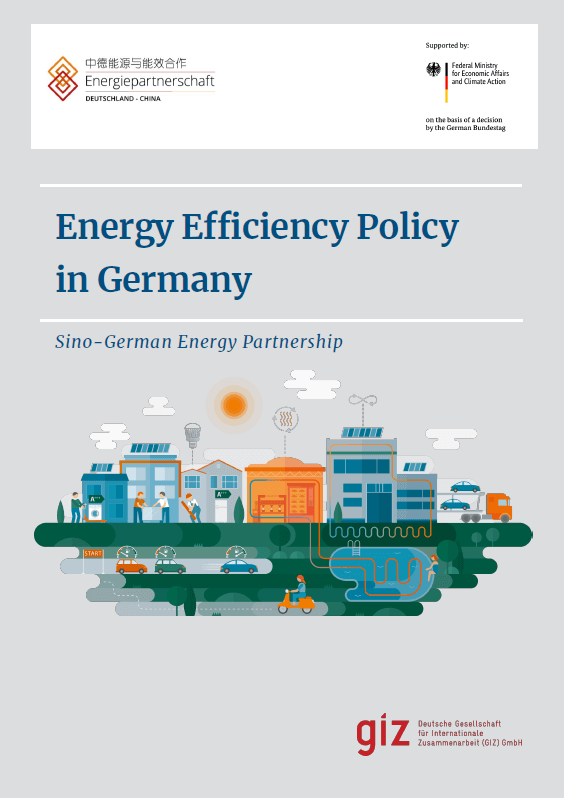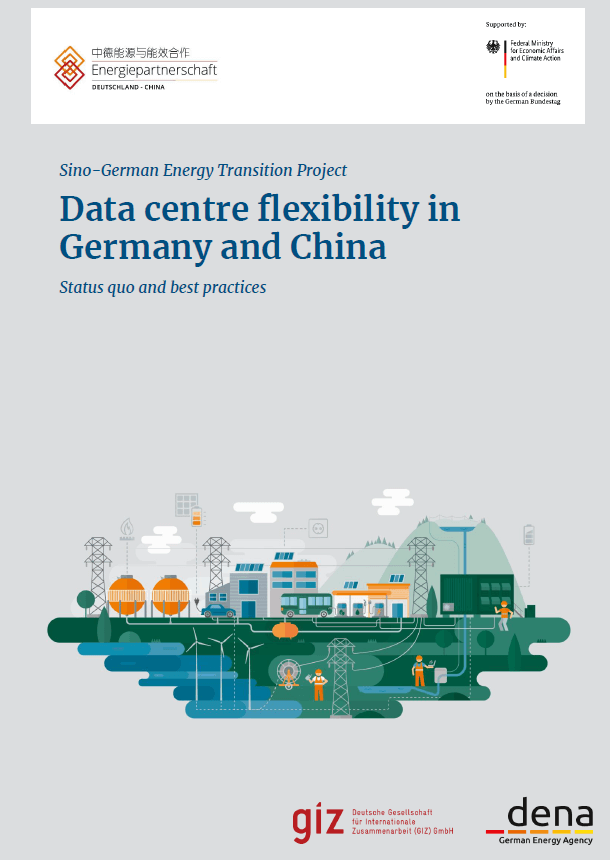Within its climate protection plan, Germany aims to reduce its greenhouse gas emissions by 55% by 2030 and to achieve greenhouse gas neutrality by 2050 (in comparison to 1990’s levels). Whereas in 1990 only 3% of electricity consumption was covered by renewable energies, this share has risen to 44% in the first half of 2019. Until 2030, renewable energies are planned to cover a 65% share of gross electricity consumption. The ever-increasing share of renewables poses new challenges for Germany’s power system. Today, roughly 75% of renewable electricity in Germany is generated by wind and solar PV, i.e., variable and intermittent power sources. Hence, power system flexibility plays an important role in integrating the rising share of such variable generation (VG). The study “Incentivizing Flexibility: The Role of the Power Market in Germany” examines flexibility enablers in the German power market. It highlights how changes in the system design and operation, as well as market liberalization and the introduction of spot markets and intra-day trading, amongst others, has helped Germany to increase system flexibility and provide optimal conditions for the grid-integration of renewable energy.
Project: Sino-German Energy Partnership
Commissioned by: German Federal Ministry for Economic Affairs and Energy (BMWi)





